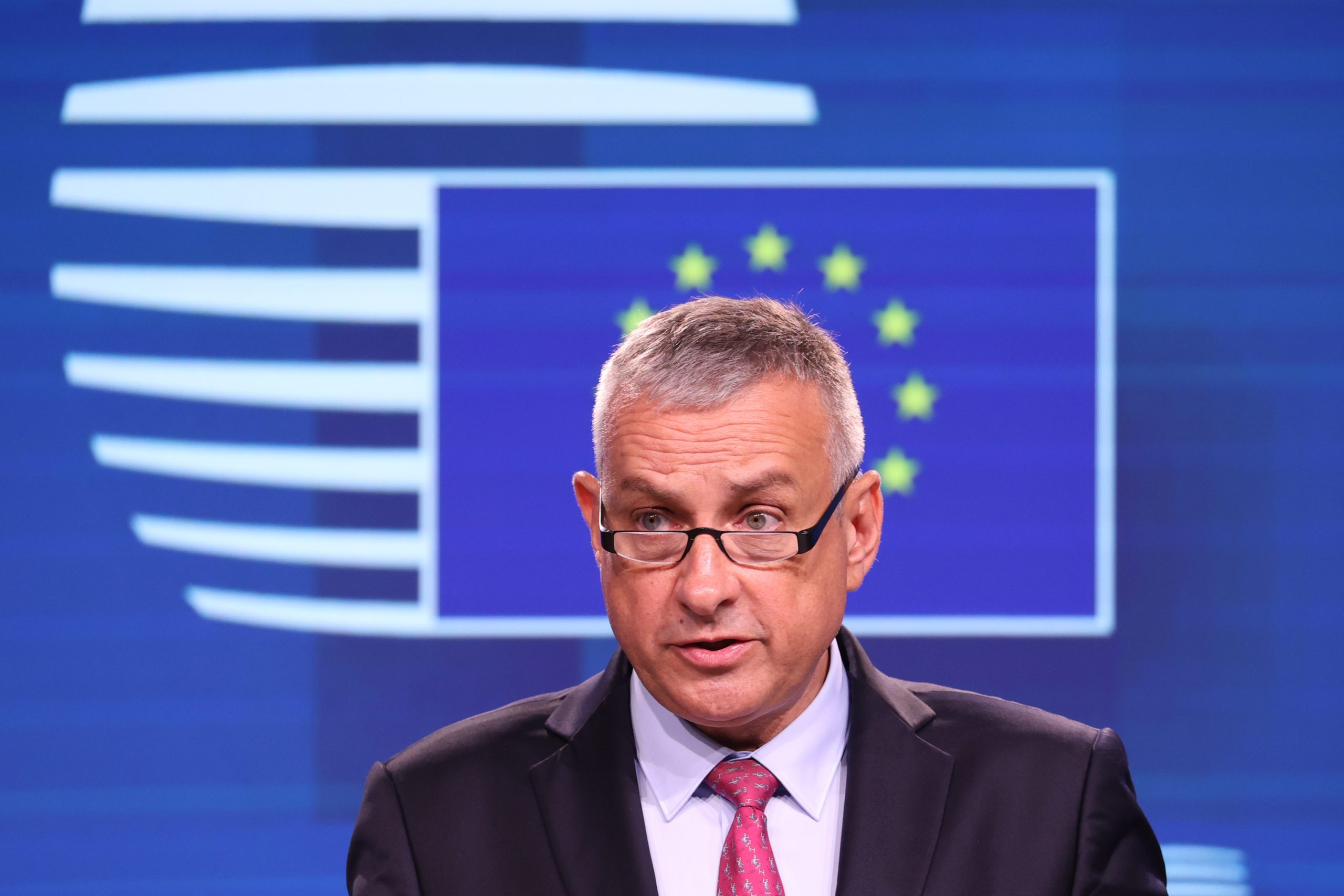
The controversial proposal by the EU Commission to give it emergency powers to mandate gas rationing across the block, came out of Tuesday’s council meeting approved, but significantly changed.
At their July 26th meeting, energy ministers rejected the Commission’s initial plan for emergency powers, but committed to reducing gas usage by 15% between 1 August 2022 and 31 March 2023.
At least, in theory.
While the block’s energy ministers reached an agreement to voluntarily reduce usage 15%—compared to the average from the last five years—“with measures of their own choice,” they also carved out ong lists of exceptions for reaching the lofty gas savings goal.
States that are not interconnected to other member states’ gas delivery networks are exempted, as are member states whose electricity grids are not synchronised with the European electricity system.
Countries can also request an exemption if they have limited interconnections to other member states, and they can prove they are already showing solidarity with other countries “to the fullest” by allowing exports through the limited infrastructure available. States that have surpassed their gas storage goals can also get an exemption.
The Council rejected the most polemic aspect of the Commission’s proposal, the granting of emergency powers to the Commission that would have allowed it to declare an energy emergency “at any moment” and be able to mandate gas rationing and redistribution across the block. Instead, any declaration of alert will be done through the normal process—a proposal from the Commission that must be approved by a qualified majority of the Council.
“The Commission shall present a proposal to trigger a ‘Union alert’ in case of a substantial risk of a severe gas shortage or an exceptionally high gas demand, or if five or more member states that have declared an alert at national level request the Commission to do so,” a press release from the Council explained.
The measure is a council regulation, meaning it doesn’t need the approval of the EU parliament. It was enacted under provisions in the EU’s functioning treaty and required only a qualified majority to pass. Though many countries had come out strongly against the original proposal, in the end, only Hungary voted against the changed regulation, Politico reports.
The measure is meant to prepare the block for the worst-case scenario of a complete cut-off from Russian gas imports.
Energy ministers lauded its quick passage as a stance of united strength against Russia.
“The EU is united and solidary. Today’s decision has clearly shown the member states will stand tall against any Russian attempt to divide the EU by using energy supplies as a weapon,” Jozef Síkela, Czech minister of industry and trade said. “Adopting the gas reduction proposal in record time has undoubtedly strengthened our common energy security. Saving gas now will improve preparedness. The winter will be much cheaper and easier for EU’s citizens and industry.”
With the gas savings commitments left to be handled by each country and several exemptions in place, it remains to be seen how much the block will actually reduce its gas demand this fall and fill its storage tanks for winter.
Teresa Ribera, Spain’s minister of ecological transition who had been a sharp voice of opposition to the original proposal, went into the meeting stating that though Spain was ready to support the revised agreement and show solidarity with central European countries, her country’s gas savings goal was well below the stipulated 15%. Spain gets its gas primarily from Africa and has little gas and electricity connectivity with the rest of Europe.
Politico estimates that overall gas savings in the EU will be closer to 10%.
It also reports that Europe’s energy prices continued to soar, with gas prices surpassing the €200 per MWH mark, and August futures reaching a record €214 on July 26th. November futures hit €217. Energy is almost ten times more expensive in Europe than a year ago.
